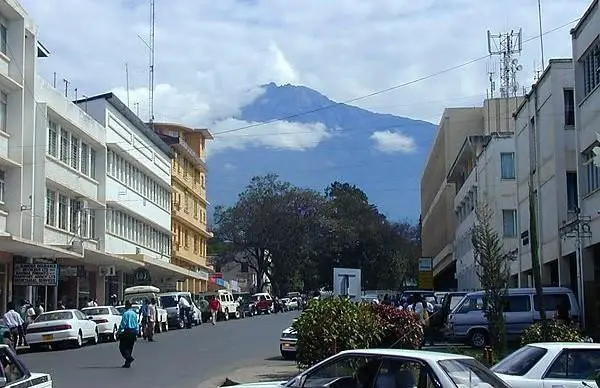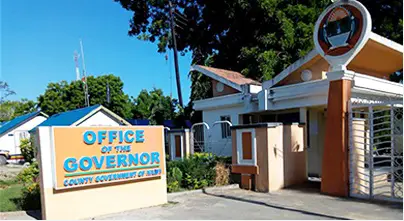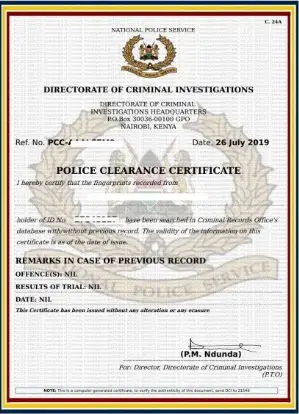Meru Town, a vibrant urban center nestled at the foot of Mount Kenya, is a captivating destination that offers a perfect blend of natural beauty and cultural richness. With its stunning landscapes, charming markets, and warm hospitality, this town has become a popular choice for both locals and tourists alike. From exploring the mesmerizing Meru National Park to immersing yourself in the rich heritage of the Meru people, Meru Town is an enchanting gateway to the wonders of Kenya. So pack your bags and get ready to embark on a memorable adventure in this hidden gem of East Africa.
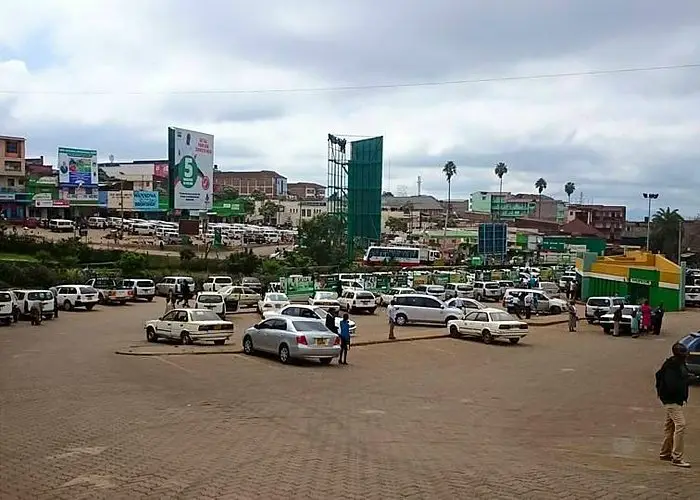
Geography and Location
Location in Kenya
Meru Town is located in the eastern part of Kenya, specifically in Meru County. It sits at an elevation of approximately 1,540 meters (5,050 feet) above sea level. The town is situated near the eastern slopes of Mount Kenya, the highest mountain in Kenya and the second highest in Africa. It is positioned about 250 kilometers (155 miles) northeast of Nairobi, the capital city of Kenya.
Climate
Meru Town experiences a subtropical highland climate due to its elevation. The town enjoys relatively cooler temperatures compared to other parts of Kenya. The average annual temperature in Meru Town is around 18 degrees Celsius (64 degrees Fahrenheit). The town receives two rainy seasons, with the long rains occurring from March to June and the short rains from October to December. These rainfall patterns contribute to the fertile soils that support agricultural activities in the region.
Natural Features
Meru Town is blessed with an abundance of natural beauty. The town is surrounded by picturesque landscapes, including rolling hills, lush green valleys, and fertile farmlands. The nearby Mount Kenya National Park offers breathtaking views, hiking trails, and opportunities for wildlife spotting. The park is also home to diverse flora and fauna, making it a haven for nature lovers and outdoor enthusiasts. Furthermore, several rivers, such as the Nithi and Kathita, flow through Meru County, providing a source of water for irrigation and adding to the scenic beauty of the region.
History
Early Settlement
Meru Town has a rich history that dates back centuries. The Meru people, who are the predominant ethnic group in the region, have inhabited this area for generations. The Meru are known for their strong sense of community and their agricultural practices, which have sustained their livelihoods over time. These early settlers relied on the fertile soils and favorable climate of the area to cultivate crops and rear livestock.
Colonial Era
The arrival of European colonizers in the late 19th century significantly impacted Meru Town. The British colonial administration established a presence in the region, leading to the introduction of cash cropping and the exploitation of natural resources. This period saw the establishment of tea and coffee plantations, which became major industries in Meru County. Despite the challenges faced during the colonial era, the Meru people preserved their culture and traditions, taking pride in their heritage.
Post-independence
Meru Town, like the rest of Kenya, gained independence in 1963. The town went through a period of transition as it embarked on a journey of self-governance and development. The post-independence era brought opportunities for growth, with investments in infrastructure, education, healthcare, and various sectors of the economy. Meru Town has had its share of challenges, but the resilience and determination of its people have contributed to its progress over the years.
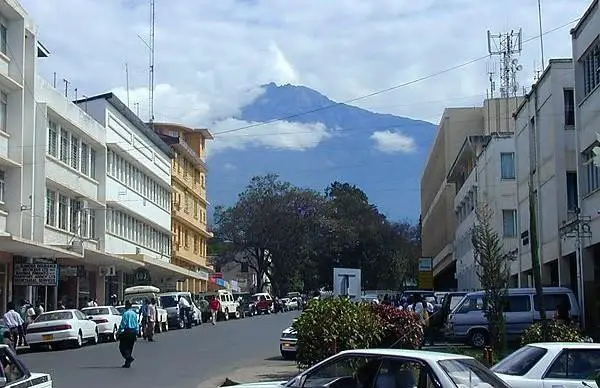
Economy
Main Industries
Meru Town boasts a diverse economy with several key industries contributing to its growth. Agriculture remains a dominant sector, with tea and coffee production being major sources of income for many farmers in the region. Other agricultural activities include horticulture, dairy farming, and subsistence farming. The town has also seen an increase in trade and commerce, thanks to its strategic location and the presence of bustling markets. Additionally, the service sector, including hospitality, healthcare, and education, plays a crucial role in the town’s economy.
Agriculture
Agriculture is the backbone of Meru Town’s economy. The fertile soils and favorable climate make it conducive for the cultivation of various crops. The region is renowned for its tea and coffee production, which is exported both locally and internationally. Farmers also grow other crops such as maize, beans, bananas, potatoes, and vegetables. Dairy farming is another significant aspect of agriculture in Meru Town, with many farmers keeping cows for milk production. The agricultural sector not only provides income for the local population but also contributes to food security in the region.
Trade and Commerce
Meru Town serves as a commercial hub for the surrounding areas. The town has a vibrant market culture, with various markets and trading centers attracting both local and regional trade. Traders flock to Meru Town to sell and buy a wide range of goods, including fresh produce, livestock, textiles, and household items. The town has also seen an increase in small and medium-sized enterprises (SMEs), which contribute to employment opportunities and economic growth.
Infrastructure
Transportation
Meru Town benefits from a well-developed transportation network that connects it to other parts of Kenya. The town has good road connections, with major highways linking it to Nairobi and other major towns in the region. The road network within the town is also well-maintained, allowing for smooth traffic flow. Additionally, Meru Town has a bus terminus and several matatu (minibus) stops, providing convenient public transportation options for both residents and visitors.
Utilities
Meru Town has access to essential utilities, including electricity, water, and telecommunications services. The town is connected to the national power grid, ensuring a reliable supply of electricity to residential, commercial, and industrial areas. Water supply is provided through a combination of piped water systems, boreholes, and dams. Telecommunications services, such as mobile networks and internet connectivity, are readily available, enabling communication and connectivity within and beyond the town.
Healthcare
Meru Town is equipped with healthcare facilities that cater to the health needs of its residents. The town has several hospitals, health centers, and clinics, providing a range of medical services. These facilities offer primary healthcare, emergency services, maternity care, and specialized treatments. The healthcare sector in Meru Town has experienced growth and improvement over the years, with efforts to enhance healthcare infrastructure and expand access to quality healthcare services.
Education
Education is highly valued in Meru Town, and the town boasts a wide range of educational institutions. There are numerous primary and secondary schools that provide quality education to the local population. Additionally, the town is home to higher education institutions, including universities and colleges, offering various academic and professional courses. The emphasis on education has contributed to a well-educated population and has played a significant role in the town’s development.
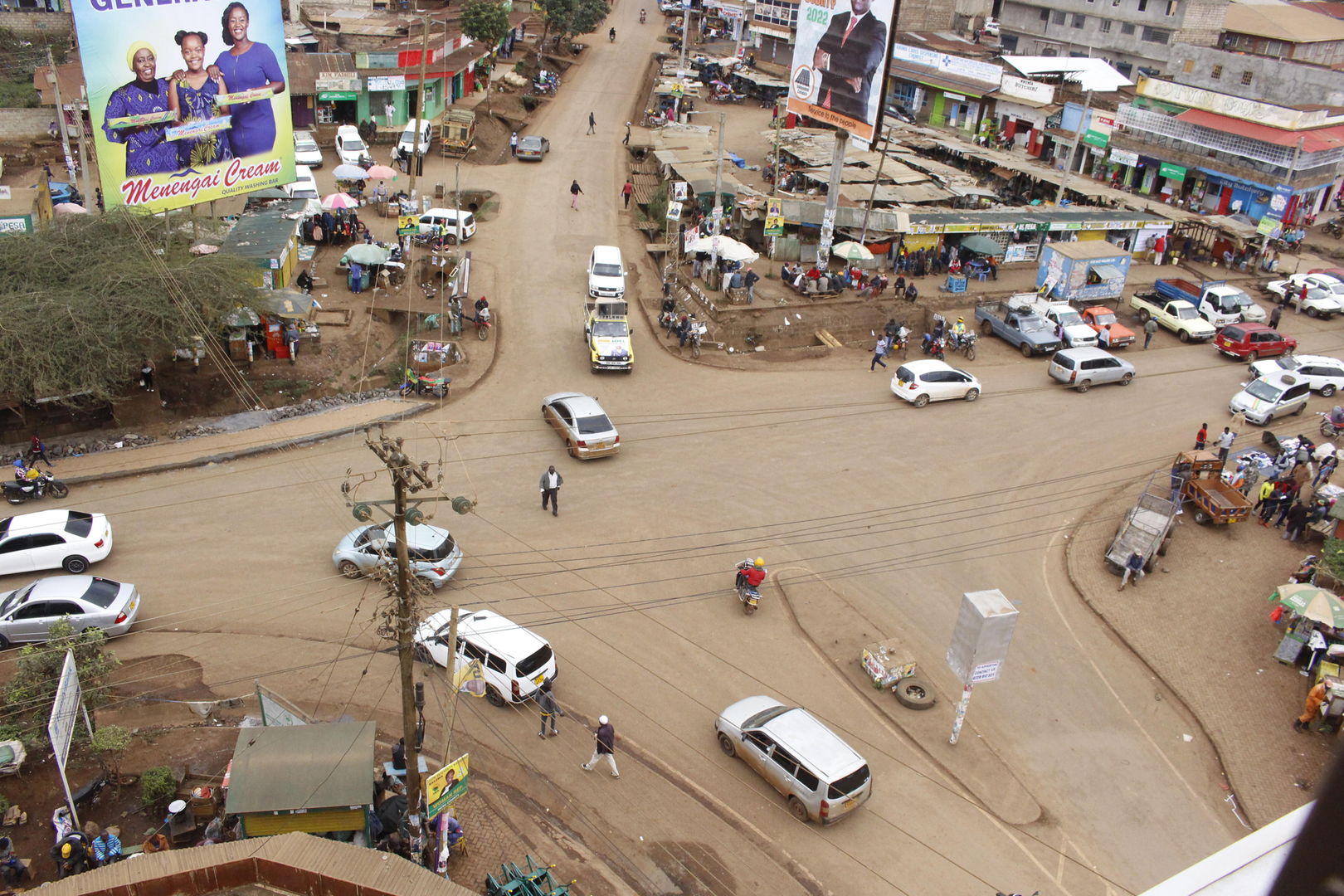
Tourism
Attractions
Meru Town offers a diverse range of attractions that appeal to tourists and visitors. The town’s close proximity to Mount Kenya makes it a popular starting point for mountaineers and hikers seeking to conquer the mountain’s peaks. Nature lovers are drawn to the nearby Mount Kenya National Park, where they can explore the park’s unique ecosystems and spot wildlife. Meru Town is also known for its beautiful landscapes, such as the Chogoria Forest and the stunning valleys dotted with waterfalls.
Cultural Heritage
The Meru people have a rich cultural heritage, and their traditions and customs are proudly preserved and celebrated. Visitors to Meru Town have the opportunity to engage with the local community and learn about the Meru’s way of life. Traditional ceremonies, such as weddings and initiation rituals, showcase the distinct cultural practices of the Meru people. Additionally, the town hosts cultural festivals, where traditional music, dance, and attire are showcased, allowing visitors to immerse themselves in the vibrant Meru culture.
Events and Festivals
Meru Town boasts a calendar filled with exciting events and festivals that attract locals and tourists alike. The Annual Meru Cultural Festival celebrates the diverse cultural heritage of the Meru people through music, dance, and traditional performances. The festival provides a platform for cultural exchange and fosters unity among different communities. Other notable events include agricultural shows, where farmers showcase their produce and livestock, and trade fairs that promote local businesses and entrepreneurship.
Government
Administrative Divisions
Meru County, where Meru Town is located, is divided into several administrative divisions. These divisions serve as sub-counties, each with its own administrative headquarters. Some of the administrative divisions in Meru County include Meru Central, Meru North, Meru South, and Igembe. These divisions play a crucial role in the governance and administration of Meru County, ensuring effective service delivery to the residents within their respective areas.
Local Governance
Meru Town has a local government system that promotes grassroots participation in decision-making and development initiatives. The town has a elected mayor or governor, who works alongside a county assembly to govern and represent the interests of the residents. The local government plays a vital role in the planning and implementation of projects that address the needs of the town’s population. It fosters collaboration between the government and the community, encouraging the active involvement of residents in shaping the town’s development.
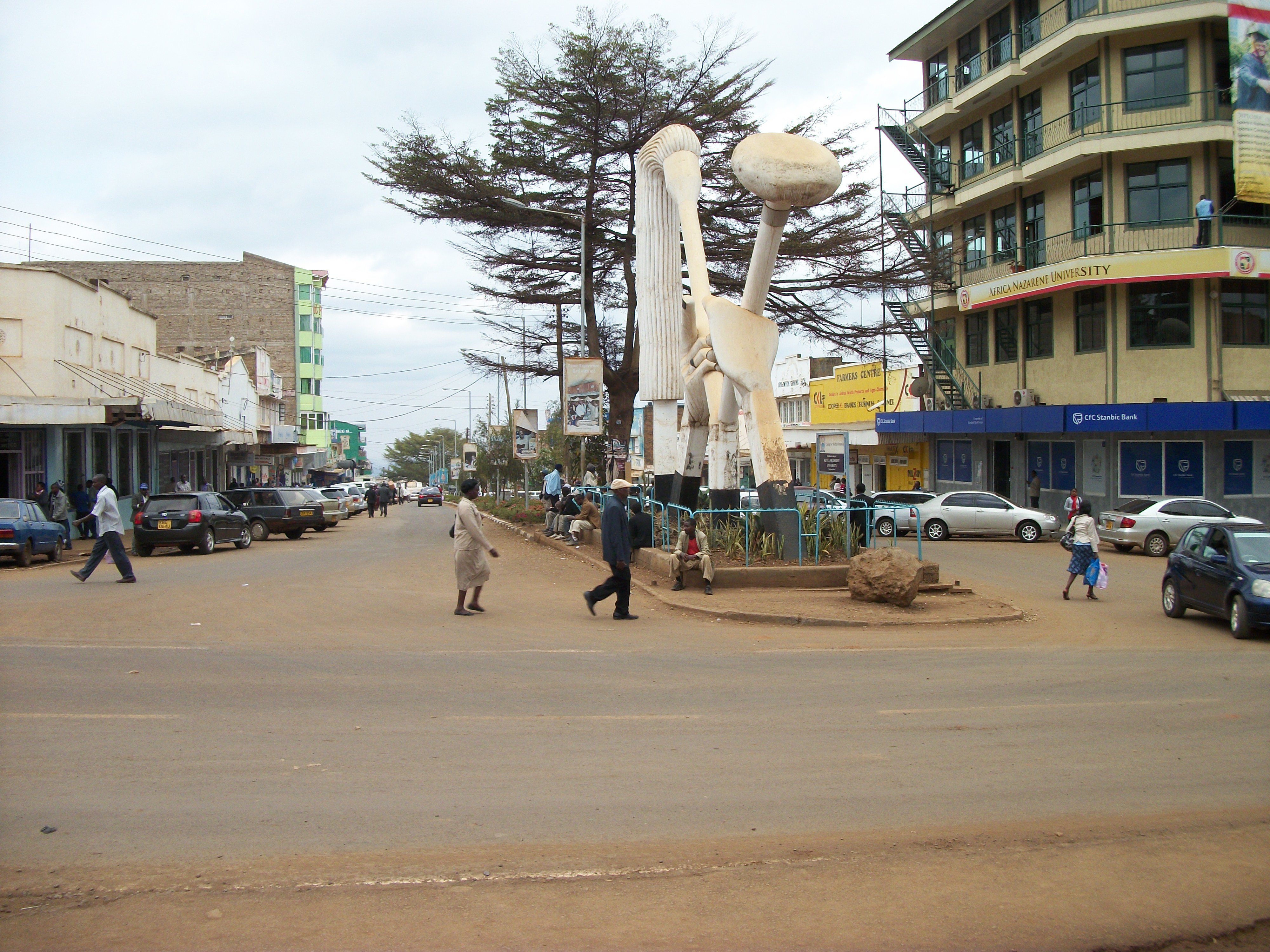
Demographics
Population
Meru Town has a growing population due to its favorable economic prospects and proximity to Nairobi. While the exact population figures may vary, it is estimated that the town has a population of over 150,000 residents. The population is diverse, consisting of people from different ethnic backgrounds and cultures. The Meru people form the majority, with other ethnic communities such as the Kikuyu, Embu, and Luo also residing in the town. The population is characterized by its friendly and welcoming nature, creating a sense of community within the town.
Ethnic Groups
The Meru people are the largest ethnic group in Meru Town and the surrounding areas. They have a rich cultural history and are known for their agricultural practices and craftsmanship. Other ethnic groups that reside in the town include the Kikuyu, who are known for their business acumen, the Embu, who have a strong sense of cultural identity, and the Luo, whose community is characterized by their love for music and dance. The presence of these diverse ethnic groups adds to the cultural tapestry of Meru Town, creating a vibrant and inclusive community.
Languages Spoken
Meru Town is a melting pot of different languages and dialects. The primary language spoken is Meru, which belongs to the Bantu language family. English and Swahili are also widely spoken, serving as official languages in Kenya. Additionally, residents may communicate in other languages such as Kikuyu, Embu, Luo, and other local dialects. The linguistic diversity reflects the multicultural nature of the town and adds to its unique charm.
Education
Primary and Secondary Schools
Meru Town is home to numerous primary and secondary schools that provide quality education to the local population. These schools offer a comprehensive curriculum that encompasses academic, co-curricular, and extracurricular activities. Students in Meru Town have access to well-equipped classrooms, libraries, laboratories, and sports facilities. The town’s educational institutions aim to foster a holistic development of students, nurturing their potential and preparing them for higher education and future endeavors.
Higher Education Institutions
Meru Town has several higher education institutions that cater to the educational needs of students seeking tertiary education. The town is home to universities and colleges that offer a wide range of academic programs and vocational courses. These institutions provide opportunities for students to pursue their desired fields of study, whether in the arts, sciences, business, or technology. The presence of higher education institutions in Meru Town has contributed to the intellectual and cultural development of the town, attracting students from various parts of Kenya.
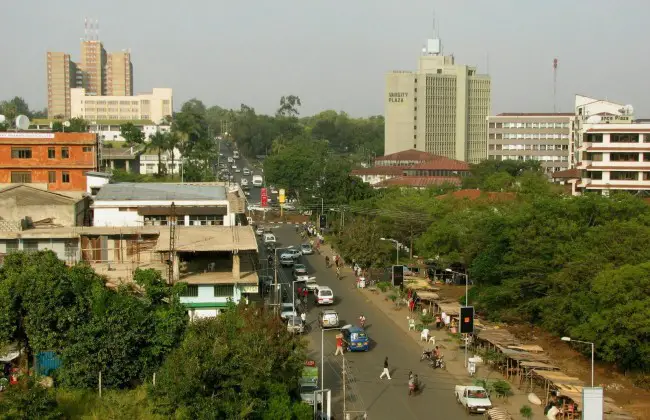
Sports and Recreation
Popular Sports
Sports play a significant role in the lives of the residents of Meru Town. Football (soccer) is particularly popular, with several local teams and leagues bringing together players and spectators. Athletics also holds a special place in the hearts of the Meru people, who have produced talented runners who have represented Kenya on the international stage. Other popular sports include rugby, volleyball, basketball, and cricket. The town has sporting facilities, including stadiums, gyms, and recreational centers, that promote physical fitness and provide venues for sporting events.
Recreational Activities
Meru Town offers a wide range of recreational activities for both residents and visitors. Nature enthusiasts can explore the scenic landscapes and enjoy hiking, camping, and bird watching in the national parks and reserves nearby. The nearby rivers provide opportunities for fishing, canoeing, and rafting. The town also has recreational centers and social clubs that offer facilities for various leisure activities, such as swimming pools, golf courses, and tennis courts. These recreational activities contribute to the overall well-being and quality of life for the people of Meru Town.
Notable Landmarks
Religious Sites
Meru Town is home to various religious sites that hold cultural and historical significance. The Njuri Ncheke Shrine is a prominent religious site that serves as the headquarters of the Njuri Ncheke – a respected council of elders in the Meru community. Visitors can learn about Meru traditions and customs at this site. Additionally, the town has churches, mosques, and temples that cater to the religious needs of different communities. These religious sites serve as places of worship, bringing people together and promoting religious tolerance.
Historical Monuments
Meru Town has several historical monuments that commemorate significant events and individuals. The Mau Mau Cave, located in the nearby Nkunga Forest, serves as a reminder of Kenya’s struggle for independence. The cave was used as a hideout by freedom fighters during the colonial era. The monument stands as a testament to the courage and resilience of the fighters who contributed to Kenya’s liberation. Other historical landmarks include statues and plaques that honor influential figures and commemorate important moments in Meru’s history.
In conclusion, Meru Town is a vibrant and welcoming destination in Kenya’s eastern region. Its strategic location, favorable climate, and natural beauty make it an appealing place for residents, tourists, and investors alike. With its rich cultural heritage, diverse economy, and emphasis on education, Meru Town continues to grow and thrive. Whether you are drawn to its scenic landscapes, cultural festivals, or sporting events, Meru Town offers something for everyone. So come and explore this captivating town and experience the warm hospitality of its people.

